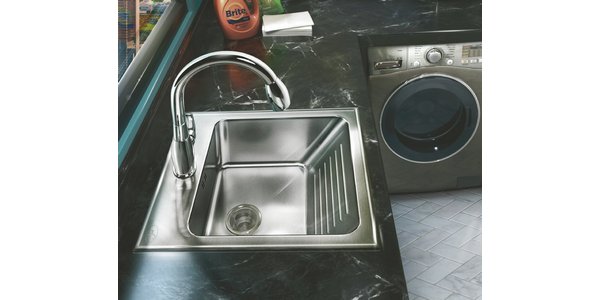The U.S. Department of Energy announced its support of a new nationwide campaign to drastically cut carbon emissions and energy use from heating water with advanced heat pump technology. The Advanced Water Heating Initiative will work nationally to drive increased manufacturing, sales, installations and operation of heat pump water heaters across the United States.
HPWHs use electricity to move heat from one place to another, like a refrigerator in reverse. An additional benefit of HPWHs is that they offer grid connectivity for demand response, meaning the equipment can communicate with the electric grid to manage energy use and shift the times it uses energy to periods during the day when demand (and the carbon intensity of the grid) is lower.
Central to the AWHI is that the benefits of heat pump water heaters are delivered equitably to all households regardless of zip code. The transition to HPWHs also means training opportunities and job creation for installers and other workers along the supply chain. This transition is already happening on the West Coast, where a regional version of the AWHI effort has been in place since 2019 when it was launched by the New Buildings Institute and the Building Decarbonization Coalition. In the Pacific Northwest, the city of Seattle and the Seattle Housing Authority are partnering to ensure that affordable housing properties are included. A new project, slated for later this year, will transition an existing system to Mitsubishi’s new commercial heat pump water heating technology. These products have low-global warming potential refrigerants to ensure minimal impact to the environment and promote a healthy grid with demand response capabilities.
Heat pump water heater technology offers many benefits, but there are barriers to widespread adoption that AWHI is working to overcome. While the technology is cheaper to install in new all-electric construction projects, there can be a higher first cost in existing buildings. And, as with commercializing all technologies, there is lower consumer awareness about the benefits of these products, lack of installer experience and a patchwork of uncoordinated programs and policies around the country. Addressing these barriers requires AWHI’s national efforts to set standards, coordinate policies, reduce costs, increase demand and educate the supply chain. For more details, visit advancedwaterheatinginitiative.org.


